Pancreatitis sounds scary…and that’s because it is!
This condition can be life-threatening for your pup and needs to be addressed quickly by your veterinarian…Which becomes a bit of a challenge because the warning signs can be difficult to spot.
And the holidays are a time where cases of pancreatitis rise dramatically (which I’ll get into later).
So as we approach this festive season of family gatherings and delicious meals, it’s important to keep your furry friend protected from the dangers of pancreatitis.
But first, I want to explain exactly what pancreatitis is…
In the simplest terms, pancreatitis is an inflammation of the pancreas.
You see…the pancreas is a very important organ that helps break down food for digestion. It helps to regulate blood sugar and produces enzymes that aid in digestion. How it works is the pancreas secretes these enzymes and they are activated in the small intestine.
When a dog is suffering from pancreatitis, the digestive enzymes become activated before they reach the small intestine and begin to digest the pancreas itself. If not addressed quickly by a veterinarian, this condition can be fatal.
That’s why it’s so important to understand what causes pancreatitis and the warning signs that might indicate your dog is suffering from pancreatitis.
Signs and Causes of Pancreatitis in Dogs
The warning signs that point to pancreatitis might go unnoticed, and some symptoms might have you thinking your dog just isn’t feeling well. Since your mind might not go immediately to pancreatitis, I want you to be aware of what to look for, and put in a call to your vet immediately if your dog exhibits any of these signs:
- Repeated vomiting
- Hunched back
- Diarrhea
- Pain or distention of the abdomen (pup seems uncomfortable or bloated)
- Loss of appetite
- Dehydration
- Weakness or lethargic
- Fever
Only one of these signs might not point to pancreatitis, so if you notice just one thing on this list it’s important to monitor your dog. If your dog experiences two or even several of these signs, contact your vet right away.
A quick diagnosis and treatment is vital to ensuring your dog recovers from pancreatitis. Your vet can take a look at your pup’s medical history, take a blood test and do a physical examination and other testing to diagnose pancreatitis.
From there, your vet will determine the best course of treatment.
I want to be clear that at-home remedies will not work if your dog has pancreatitis. Only medical care administered by your veterinarian will help manage and treat your pup’s pancreatitis.
Now that you know what to look for, let’s take a step back and learn what causes pancreatitis.
Keep in mind that sometimes a dog may be genetically predisposed to developing pancreatitis, and there may be no clear “cause.”
With that being said, here are some of the most common causes of pancreatitis in dogs:
- A high-fat diet
- Dietary indiscretion (meaning your dog will eat anything and everything in their path)
- Obesity
- Hypothyroidism
- Severe blunt trauma
- Diabetes mellitus
- Certain medications or other toxins (examples include cholinesterase inhibitors, calcium, azathioprine, potassium bromide, phenobarbital, estrogen, l-asparaginase, salicylates, thiazide diuretics, and vinca alkaloids)
The high-fat diet can come from dog food that’s high in fat, but more commonly it’s linked to pups eating human food.
Whether they’re fed table scraps or get into leftovers sitting on the counter, some types of human food is very dangerous for your dog.
That’s why those family gatherings and the “giving” attitude around the holidays can become very risky for your little four-legged friend.
Why Pancreatitis is Common During the Holidays
I love the holidays…fun family gatherings…a festive atmosphere…and the food.
The food.
Delicious roasted turkeys, lamb, pumpkin pie, frosted sugar cookies and so many other tasty treats.
However, what is a tasty meal or a yummy treat for you can be extremely hazardous for your pet.
I already mentioned that a high-fat diet is one of the causes of pancreatitis. Well, this is why the condition spikes around the holidays.
Because high-fat food is found EVERYWHERE and houseguests may not understand why your dog can’t indulge a little too.
From the Thanksgiving feast to Christmas candy, many holiday celebrations are centered around rich, savory meals.
All it takes is a well-meaning family member that slips your pup a piece of meat with a bone in it from the table.
Or that tray of dessert you accidentally left a little too close to the edge of the counter.
There are so many scenarios where your dog can get a hold of rich, high-fat human food during the holidays.
And that’s why you need to be extra diligent.
Tips to Help Your Pup Avoid Pancreatitis
The best way you can help your dog avoid pancreatitis is to refrain from offering them human food or high-fat dog food.
Here’s what you can do:
- Remind your family members not to feed your dog table scraps.
- Limit the amount of treats your dog gets.
- Keep leftovers out of reach of your dog.
- Make sure garbage cans are sealed and stored away so your dog can’t get into them.
- Be cautious on walks so your dog doesn’t get into your neighbor's garbage.
You can still treat your dog during the holidays, just make it a healthy treat instead of an over-indulgent piece of human food…perhaps a few broccoli pieces, a bite of lean turkey meat, or a scoop of pumpkin puree (NOT pumpkin pie filling!).
Here are some of THE WORST foods your dog can get a hold of during the holidays (and all year round):
- Turkey skin, bones, drippings and gravy
- Corn on the cob
- Onion
- Sage
- Raisins / grapes
- Chocolate
- Bread dough that contains yeast
- Nuts like macadamia nuts and pistachios that are high in fat
- Nutmeg
- Alcohol
Again, this list is not comprehensive, it’s just a compilation of some of the most fatty foods your dog could get their paws on this time of year.
Stay diligent and always keep food out of your dog’s reach.
Wishing you and your pups a cheerful and healthy holiday season!
~ Doggy Dan


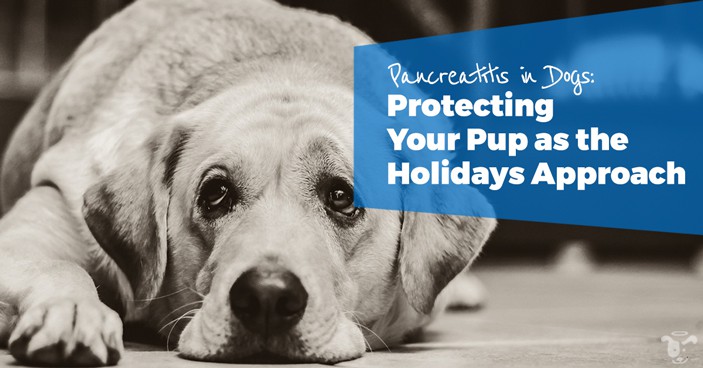
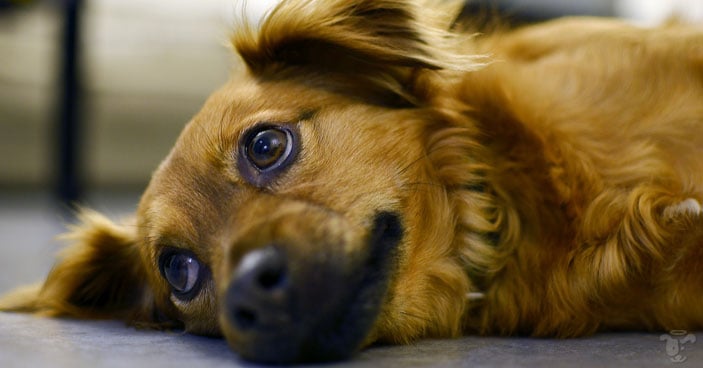
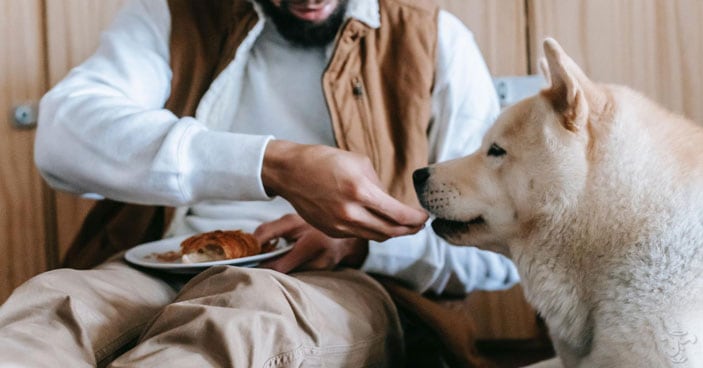
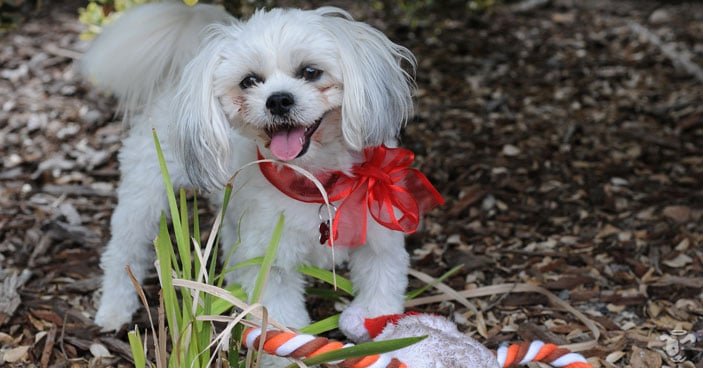

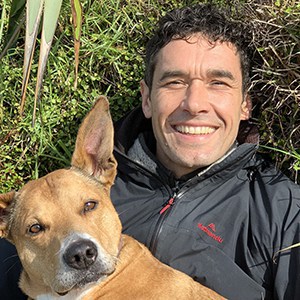

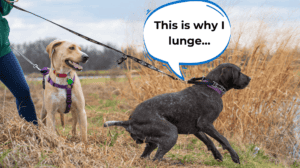
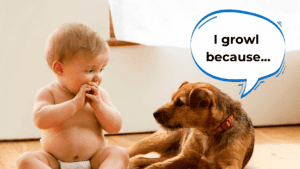
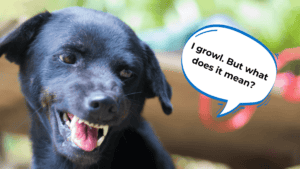

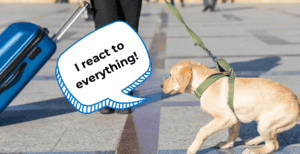
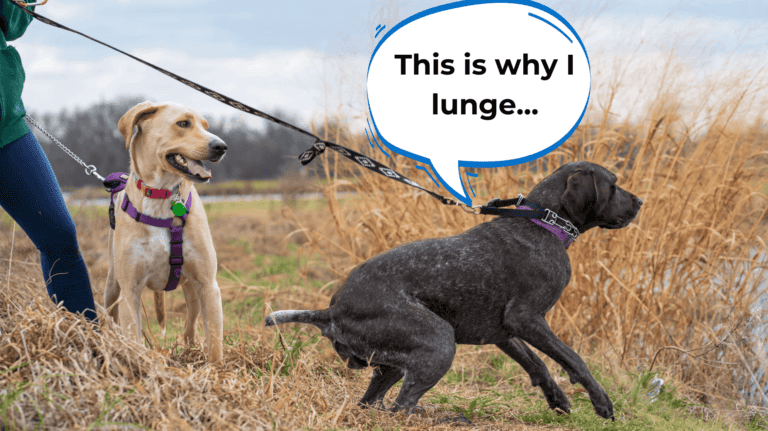
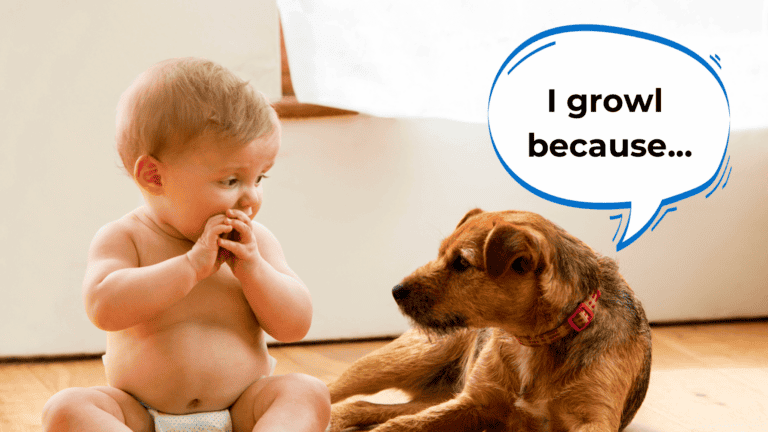
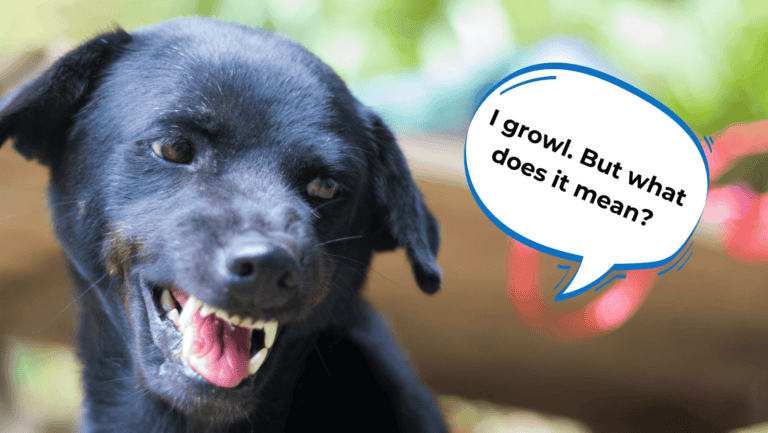

2 Responses
Thanks for medical report l helps to know what food a dog cannot be given
Happy to help Diana! The list of foods that are not suitable for our dogs to eat can be quite a surprise, so it pays to be aware of what they are. Have a great festive season! Doggy Dan